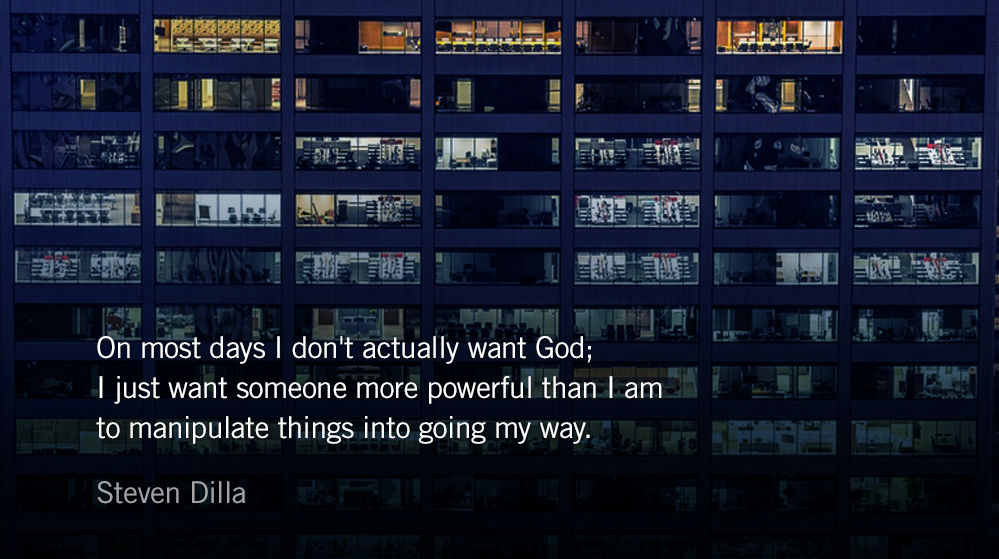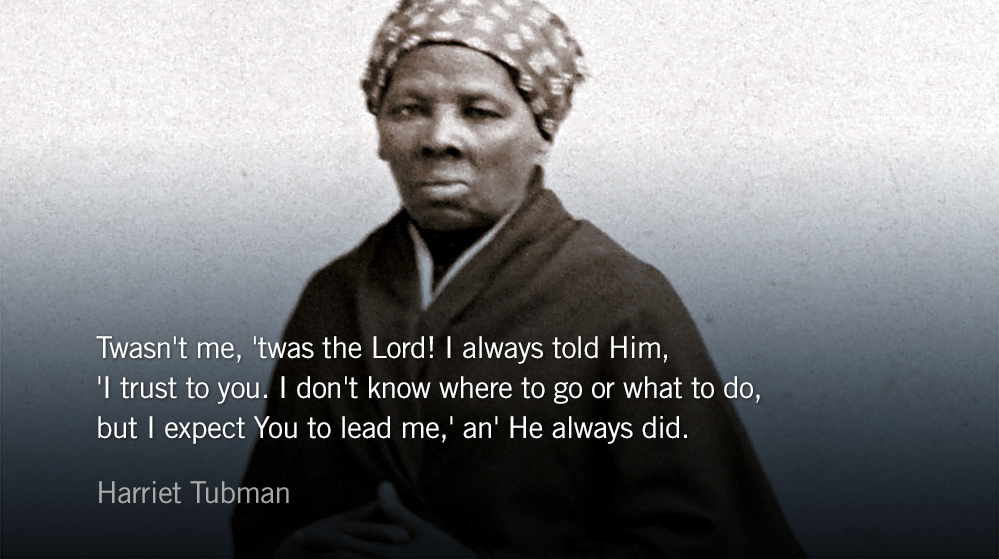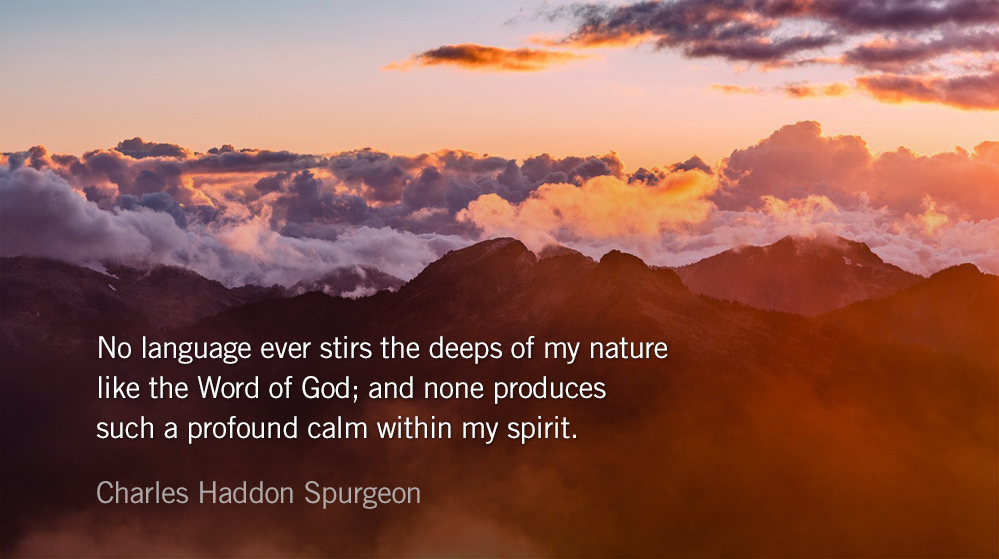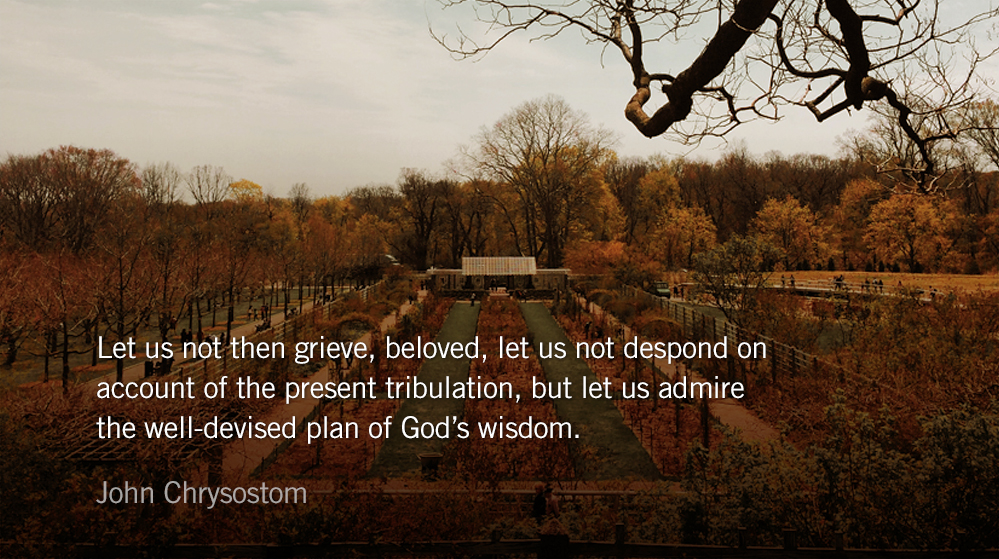He is the radiance of the glory of God and the exact imprint of his nature, and he upholds the universe by the word of his power. — Hebrews 1.3
On most days I don’t actually want God; I just want someone more powerful than I am to manipulate things into going my way. Wanting benefits from God versus wanting God is the difference between believing in God and experiencing God. In his sermon The Gospel and Your Self Timothy Keller explains:
If the distance between the earth and the sun (92 million miles) was reduced to the thickness of a sheet of paper, then the distance between the earth and the nearest star would be a stack of papers 70 feet high and the diameter of the galaxy would be a stack of paper 310 miles high. That’s how big the galaxy is. Yet the galaxy is nothing but a speck of dust, virtually, in the whole universe.
The Bible says Jesus Christ holds this universe together with the word of his power… Is this the kind of person you ask into your life to be your assistant?
The safest way to live the Christian life is to relegate God to creating individual comfort, success, and prosperity. This is why, Kierkegaard believes, we insulate ourselves from truly experiencing God:
The matter is quite simple. The Bible is very easy to understand. But we Christians are a bunch of scheming swindlers. We pretend to be unable to understand it because we know very well that the minute we understand we are obliged to act accordingly. Take any words in the New Testament and forget everything except pledging yourself to act accordingly. My God, you will say, if I do that my whole life will be ruined. How would I ever get on in the world?
The book of Hebrews provides both a promise—Christ is sufficient where everything else fails—and a confrontation—Christ is superlative and following him is consuming. “When God becomes real,” Dr. Keller concludes, “that gets into your heart as an irreducible, unavoidable, inescapable, permanent principle you’ll never be able to escape.”
The unending love, never-failing grace, impartial justice, and unspeakable holiness of God surrounds us in this broken world. The author of Hebrews rejoices, “You, Lord, laid the foundation of the earth in the beginning, and the heavens are the work of your hands; they will perish, but you remain.”
Today’s Reading
Song of Solomon 1 (Listen – 2:16)
Hebrews 1 (Listen – 2:15)






